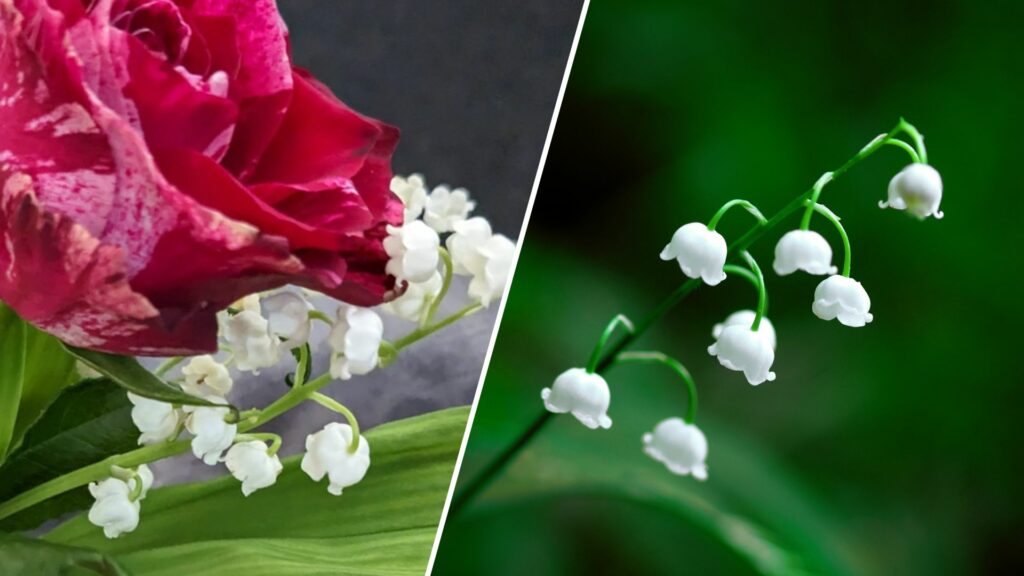Long before Labour Day was established, Belgians (and the French) traditionally gifted women a small bouquet of Muguet: Lily of the Valley in English or Meiklokjes in Dutch. The 1 May tradition is still prevalent today.
The delicate white flower has for centuries been associated with the arrival of spring and is referenced in various myths and legends, most commonly portrayed as a lucky charm.
However, the tradition fully took root in France – and later in Belgium when the country gained its independence – when King Charles IX (1550 – 1574) was handed a sprig of muguet whilst visiting the south of the kingdom aged 10.
Touched by the gesture, King Charles made it a custom to offer the flower to the ladies of the court every year on 1 May.
Blooming business
The trend was said to have been taken up by artisans such as seamstresses, who would offer customers a sprig on 1 May. Though the habit is now more prevalent among families and friends, the occasion has become a major day for florists.
Director of the Belgian Florists Federation (KUFB) Koen Van Malderen told The Brussels Times that in predominantly francophone regions of Brussels and Wallonia, purchases for 1 May represent the industry's second-highest revenue for a single day after Mother's Day.
And it isn't only florists who can enjoy the benefits of tradition: the small bell-shaped flowers are often an easy source of income for individuals, with some buying the small bouquets from wholesalers and selling them on, whilst others cultivate the plants in their gardens.
Whilst strictly against the law as individuals do not have the legal status of a trader with a VAT number, some mayors turn a blind eye to the practice. However, florists lament a lack of enforcement on an issue that they see as taking from their profits.
Related News
- Blocked sinuses? Many consider immunotherapy as the remedy to hay fever
- Feeling the cold? Long-term predictions suggest another scorching summer
Despite their popularity in Belgium, lily of the valley is mainly grown in Nantes, France. In Belgium, the flowers are specifically produced in the Aalst region, with one producer in Wallonia as well.
Though appealing visually, lily of the valley is poisonous and should not be eaten. RTBF reports that Belgium's Poison Centre received 54 calls relating to reactions caused by the flowers in 2022. To contact the Centre free, call +3270.245.245.

